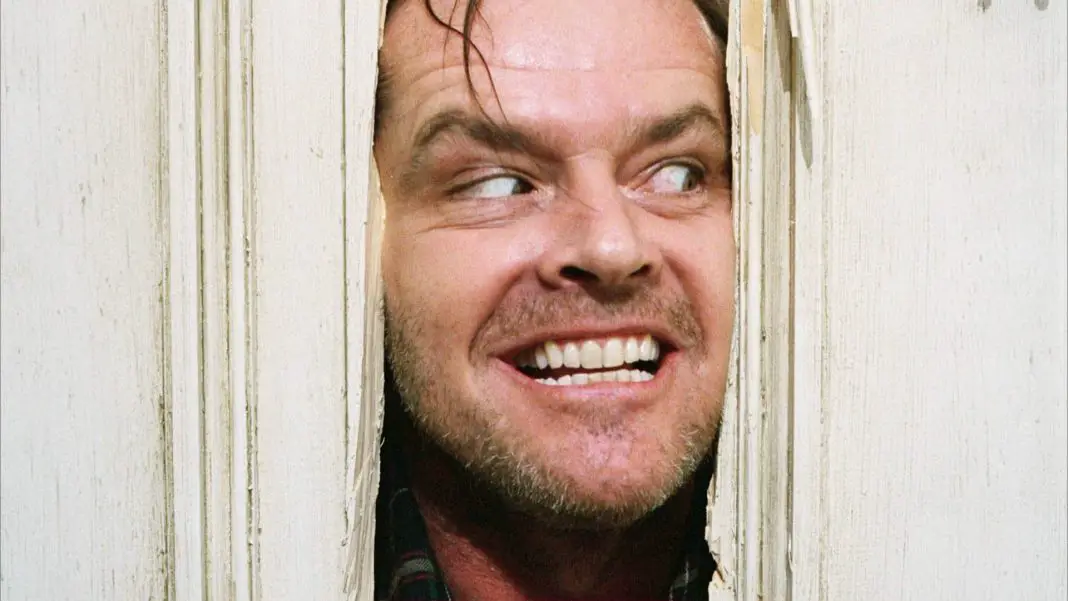The Craft is an institution. Whether you were eight or eighteen when you first saw it, there was something about those four young women that made you stand up and take notice. We wanted to be them and to be friends with them, we wanted our high school cliques to sit around casting spells or taking revenge on those who had wronged us. More than anything, perhaps, for those of us who had to wear uniforms to school, we wanted to dress like them.
Did You Know? Wicked Horror TV Has Classic and Independent Horror Films Available to Stream for Free!
The Craft is more than twenty-five years old but, in a lot of ways, it hasn’t aged a day. There are lessons to be learned from this movie that can be carried into adulthood, that help those trying to navigate the difficult high school years, and in understanding who they are as they grow up. For women, especially, this is a milestone film because it’s one of only a handful to preach the idea that being a weirdo isn’t necessarily a bad thing, that it’s almost aspirational.
There are a million lessons to be learned from The Craft, so these are just ten of particular significance:
Do Unto Others
There’s a very strong anti-bullying message inherent to The Craft, from the girls being bullied for being weirdos (or, literally, witches), Sarah being slut-shamed by a guy she didn’t even sleep with, or Rochelle being picked on because of her skin color. However, when they get the opportunity to take revenge, Rochelle, in particular, learns that it’s actually better to treat others nicely, even if they’ve hurt you, because negativity breeds negativity. As Sarah notes, “Nothing makes everything all better again”.
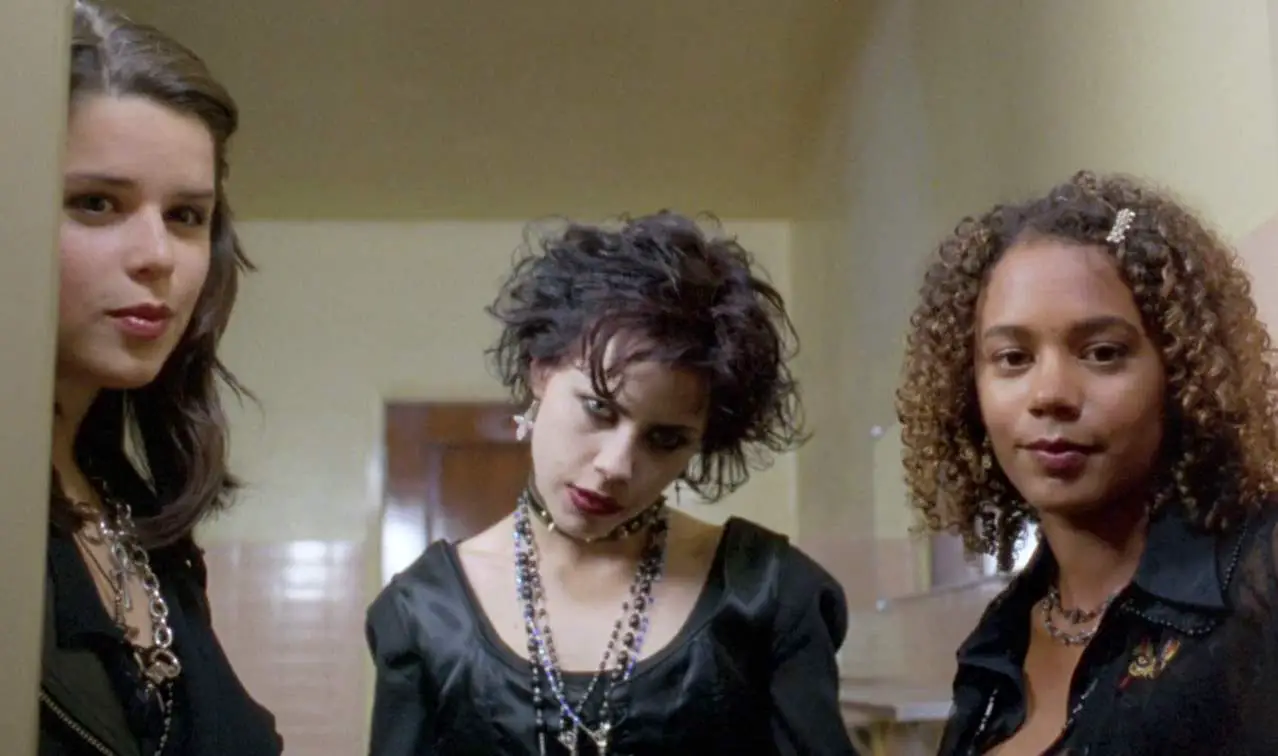
The Grass Isn’t Always Greener
Likewise, the idea that taking revenge will help the girls to feel better is swiftly done away with once Sarah realizes being followed around by Chris is actually kind of a pain in the ass, while Rochelle discovers the painful reality that two wrongs don’t make a right. Similarly, upon moving to a nice apartment and finally getting what she believes she deserves, Nancy finds out the hard way that money doesn’t buy happiness and that, crucially, she still can’t get what she really wants.

Jealousy is Poisonous
One of the biggest shocks in The Craft is Nancy’s impersonation of Sarah, a complete betrayal of girl code that underlines the brewing tension between the unofficial leader of the gang and the newbie. Upon discovering that Skeet Ulrich’s caddish Chris doesn’t actually fancy Nancy enough to sleep with her (even after she throws herself at him), Nancy turns herself into Sarah in order to snare him. This displays Nancy’s biggest flaw, which ultimately leads to her downfall: her jealousy. She doesn’t just hate Sarah for, supposedly, being more powerful than she is–Nancy wants to prove Sarah isn’t the prettiest girl in their group either. To do so, she resorts to seducing Sarah’s almost-boyfriend (who has a proven track record of treating girls quite badly) as Sarah. Naturally, the plan doesn’t work out too well and, aside from teaching Sarah something she already knows (that Chris is kind of a dick), it drives Nancy even further into darkness.
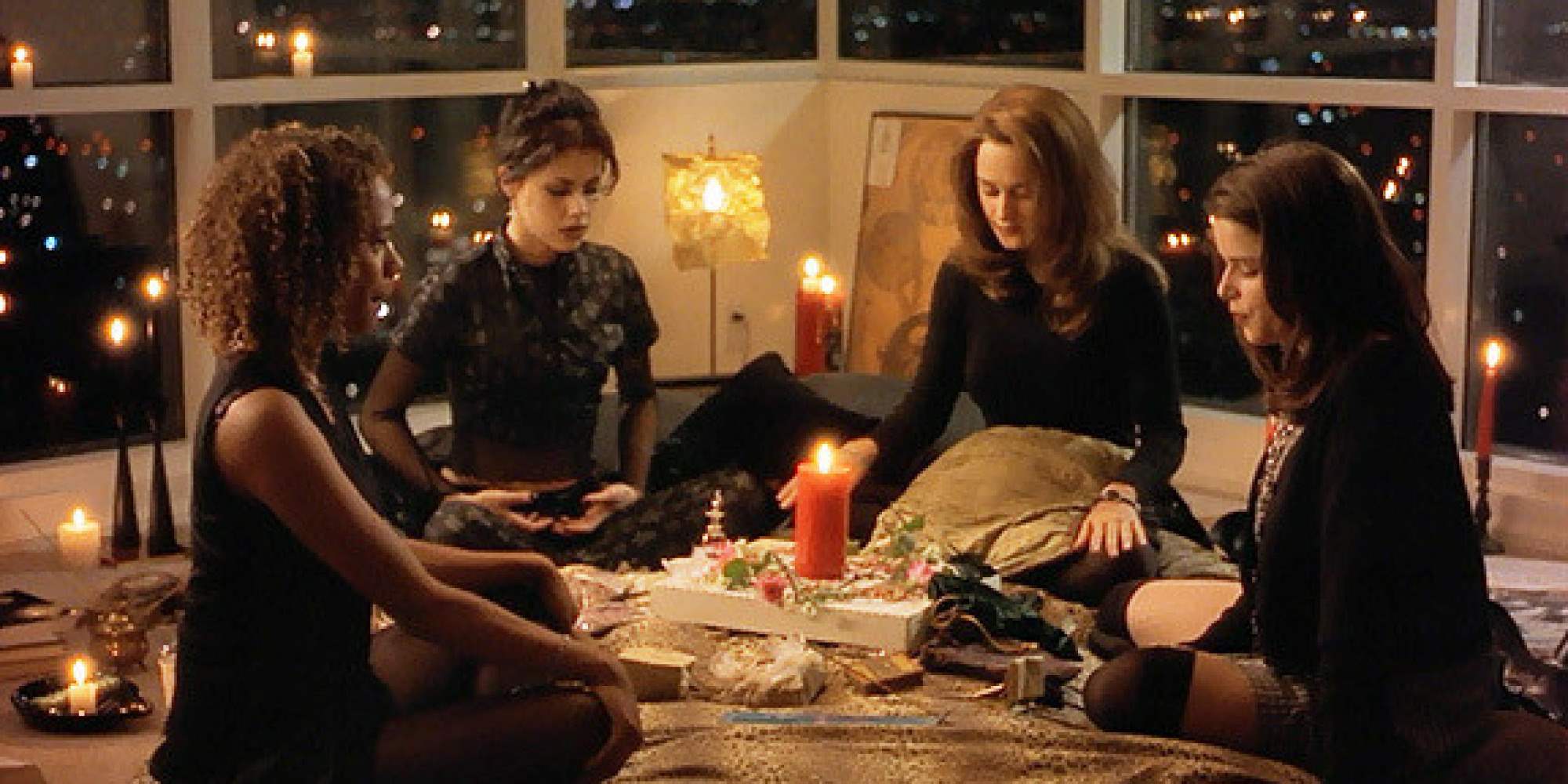
Beauty is Only Skin Deep
Neve Campbell’s Bonnie spends much of the movie wrapped up in layers upon layers of clothing thanks to horrific burns that cover most of her body. After being cured, as it were, by supernatural forces, Sarah notes that Bonnie is acting differently and that she used to be much nicer. Bonnie shrugs her off, reasoning that she should be allowed to enjoy being pretty now that she is. Later, she goes even further off the rails and, upon trying to reconcile with Sarah, is rebuffed. The idea is that you can change your looks, but being a good person is more important.
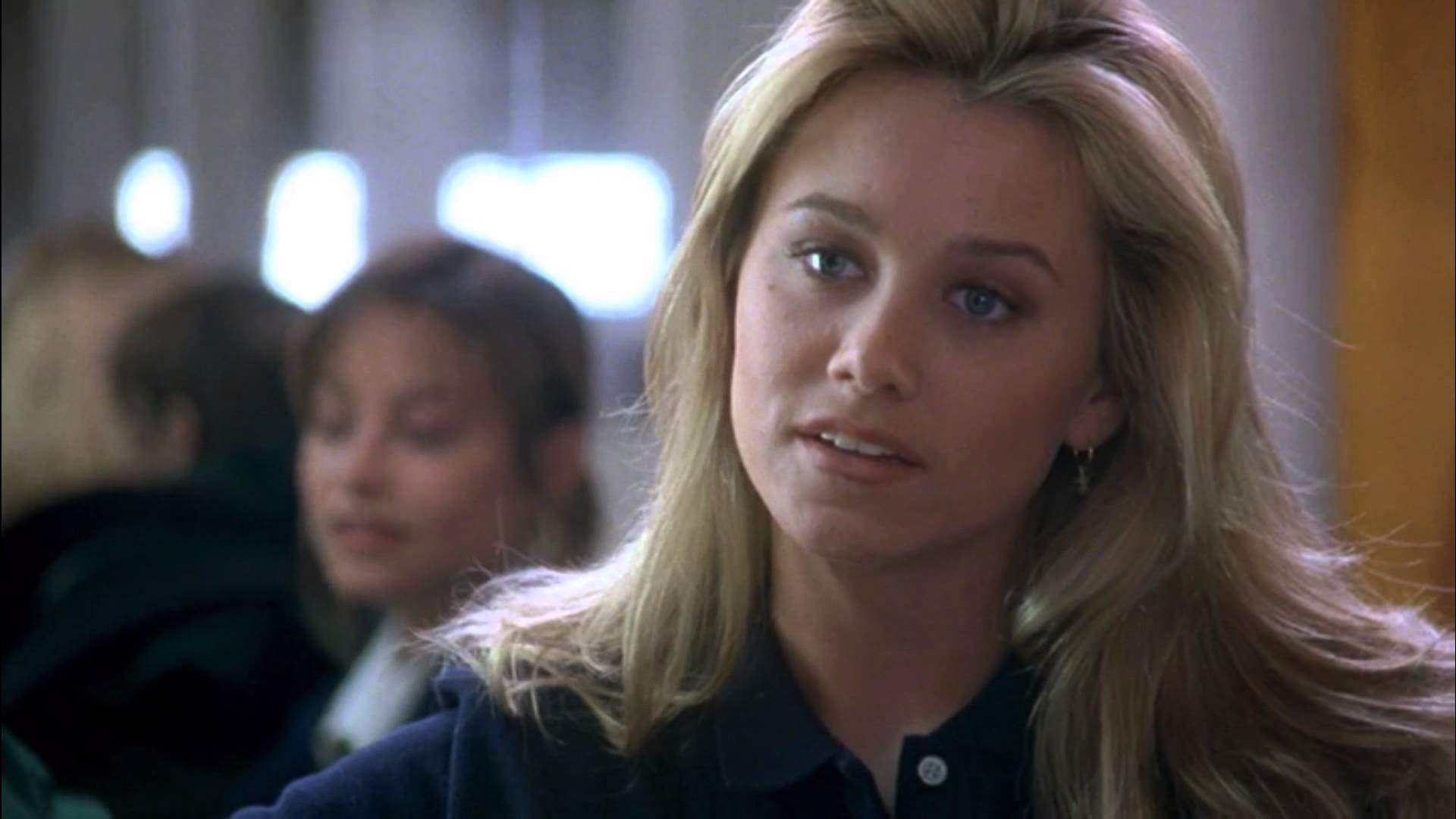
Cliques and Herd Mentality are Dangerous
In many ways, The Craft is Mean Girls‘ Gothic older sister. The message at the heart of both films is all about bullying and herd mentality, about how high school cliques are damaging to the fragile self esteem of young women. The Craft takes it to a different kind of extreme, obviously, because there are supernatural powers involved. After being turned on by her so-called friends, Sarah has to fight back and remain true to herself to emerge unscathed. And, in the end, when they try to make amends, she outright refuses.
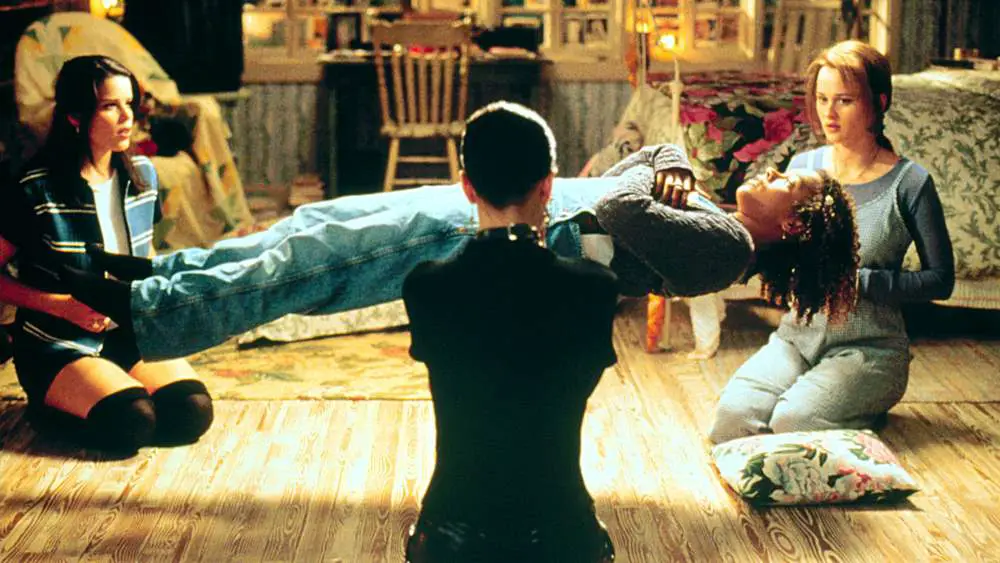
Absolute Power Corrupts Absolutely
Although Sarah is the protagonist of the piece, it’s really Fairuza Balk’s loopy super-Goth Nancy who’s the star of the show–and she makes sure everyone knows it. Simultaneously the villain and the hero of The Craft, Nancy’s downward trajectory is as over-the-top and insane as her (awesome) sense of style. But she’s also a tragic example of absolute power corrupting absolutely, and the final shot of her flailing around in a mental asylum is shockingly devastating.

Sisters Before Misters
The bonds of sisterhood are truly tested when Nancy attempts to seduce Sarah’s paramour, but up until that point (and when the girls subsequently turn on their new friend), the core statement of the movie is about loving your friends above all else. The Craft is intensely interested in showing the corrosive power of female-on-female bullying. When it comes down to it, boyfriends don’t matter, the idiots at school who don’t understand you don’t matter, the only people a girl can truly rely on are her female friends.
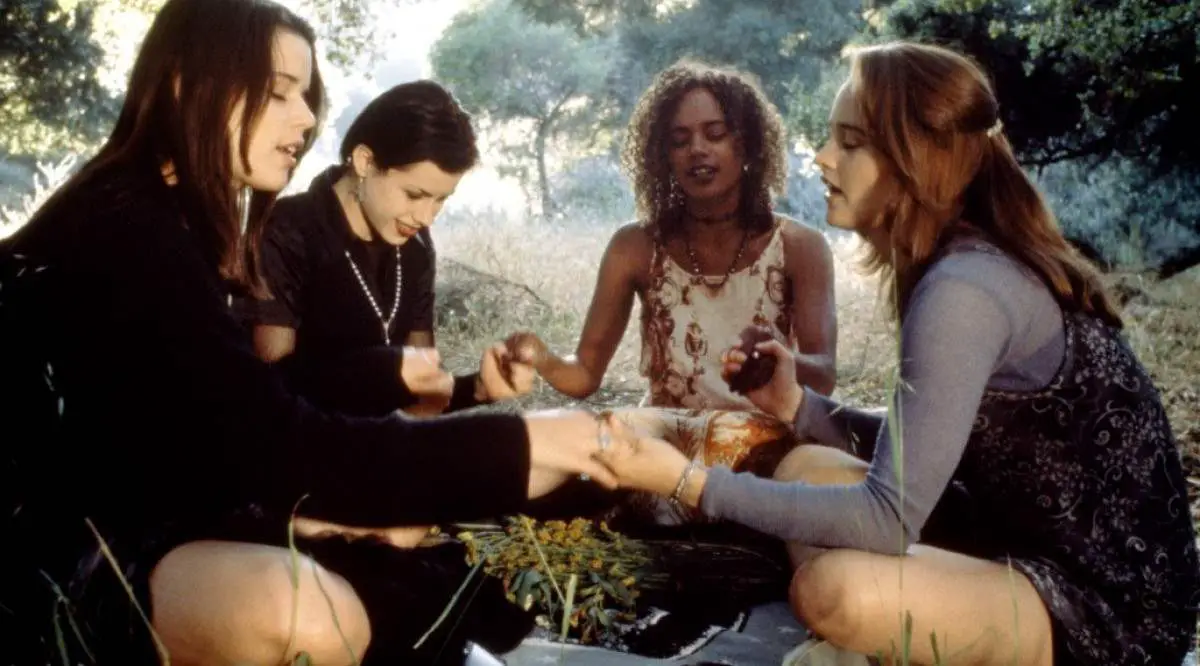
Respect Yourself and Your Body
It seems kind of quaint nowadays, given the rape culture epidemic, but The Craft has an interesting message about slut-shaming and the power of women’s bodies. It may be from a bygone era, but its meditations on gender politics are still absolutely relevant today. The central quartet spend much of the movie harnessing supernatural powers to control everything around them, to bend others (particularly men) to their will. In the end, however, only Sarah is deemed worthy of this power because she’s the only one who’s using it properly.
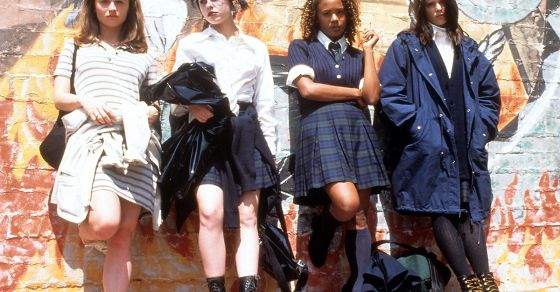
You Can Never Wear Too Much Black
The Craft is a major cornerstone for ‘90s fashion. However, it means even more to the little Goth kids (like me) who grew up dressing weirdly and not fitting in with everyone else. Seeing somebody like Nancy–who accessorizes vinyl with vinyl, is never without a crucifix around her neck, and is constantly bathed in far too much eyeliner, represented on-screen in a major role, as a total bad-ass no less–was hugely comforting, as well as being quite ground-breaking. It’s not often that the freaks are front and centre, sadly, but it meant a whole lot in 1996 and it means even more now.
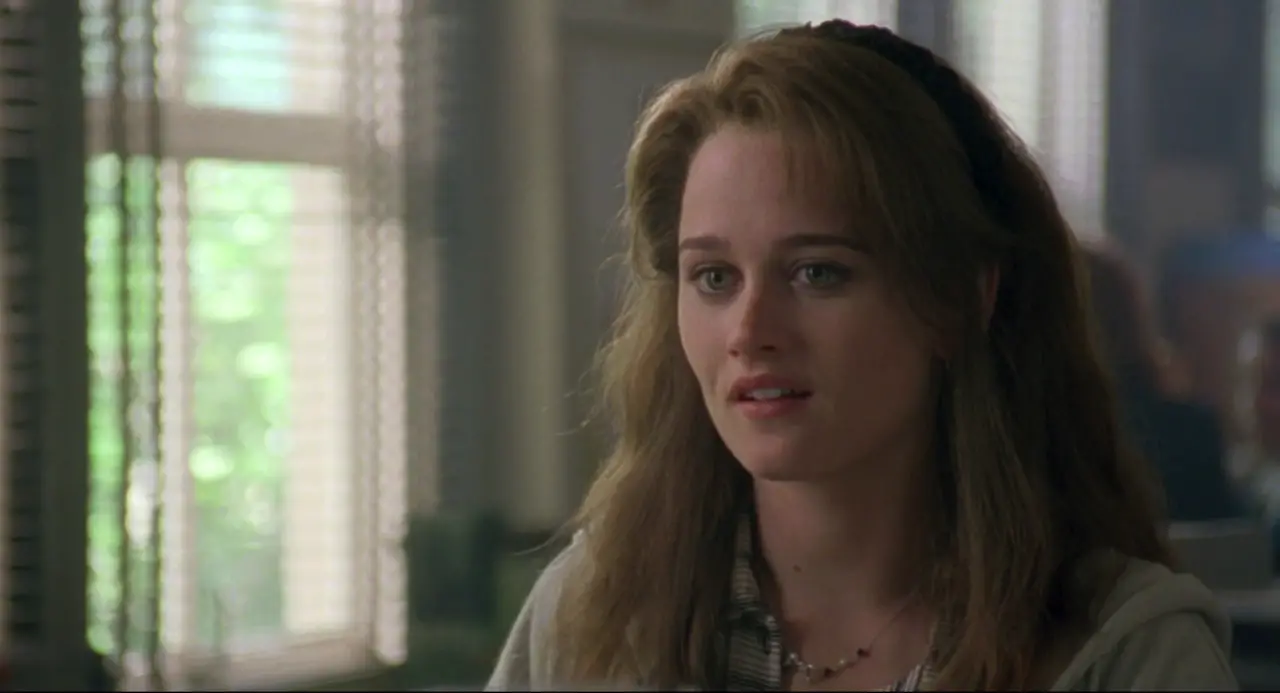
Being Yourself is More Important Than Fitting in
Nancy proudly tells a bus driver who warns the girls to watch out for weirdos: “We are the weirdoes, mister”. This became a rallying cry for anyone who felt as though they didn’t fit in, because it represented us being ostracised and using it to our advantage. Is there anything cooler, or more empowering, than watching the four girls strut down the school hallways, their outfits coordinated to simultaneously adhere to school rules while also showcasing their individuality? Whatever else The Craft wanted to teach us about love, life and friendship, its most famous quote exemplifies the core message, which is that being yourself is more important than fitting in.



